Ho Chi Minh's ideology illuminates
Since May 6, 1951, when President Ho Chi Minh signed Decree No. 15/SL establishing the National Bank of Vietnam, the Vietnamese banking industry has had a clear mission: Maintaining the national financial foundation, ensuring economic stability and development. Today, when Ca Mau's economy is deeply integrated, the role of banks is not only to provide capital but also to support the development of businesses, business households and individuals.
President Ho Chi Minh once emphasized: “Cadres are the root of all work. Success or failure depends on good or bad cadres”. For bank staff, the word “good” is not only about expertise, but also about professional ethics. Because for customers, from large enterprises, small businesses, to shrimp farmers, rice growers, in addition to their greatest desire for loans, they also expect dedicated support and proper advice so that they do not get caught up in the debt spiral.

Staff of Saigon - Hanoi Commercial Joint Stock Bank (SHB) always enthusiastically guide customers, demonstrating professionalism and dedication in every transaction.
The bank always reminds its staff that each loan is not just a number, but a family's livelihood and a business's hope for growth. Therefore, each credit decision must be associated with responsibility and professional ethics.
Mr. Do Thanh Tinh, Director of Agribank Ca Mau, shared: "With the goal of "Bringing prosperity to customers", Agribank Ca Mau constantly innovates, promotes digital transformation, improves service quality and promptly meets capital needs. The bank is also an important capital channel to remote areas, contributing to poverty reduction, pushing back black credit and promoting local socio-economic development".
In Ca Mau, a province with strengths in aquaculture and agriculture, bank staff play the role of companions to the people. A decision to approve capital can help hundreds of households rise up, but laxity or lack of responsibility in credit control can also push them into trouble. Therefore, maintaining professional ethics means maintaining the people's trust.
In a letter to bank staff in 1952, President Ho Chi Minh reminded: “Bank staff must review: What have they done and what must they do to help the people and boost production?”. That question remains valid today. Working with people’s money and assets, bank staff must put the common interest first. Locally, many businesses reflect that they need a fair and transparent financial environment to be able to invest with confidence. This depends on each employee and each transaction; if standards are lacking, trust will be damaged.
He also advised: “Speak and write at the right level for the audience, clearly and concisely, do not use too many words.” Bank employees not only need to be good at their profession, but also have the ability to communicate in an easy-to-understand way, so that people, especially those in remote areas, can access clear and transparent credit policies.
Dedicated to customers, transparent in business
In 2024, when the economy is still facing many fluctuations, bank staff must not only be steadfast in the face of work pressure but also steadfast in the face of temptations. In fact, some violations in the banking industry mainly stem from deviations in professional ethics. When money can sway people, upholding principles and putting the interests of customers and the community first is the most valuable quality.
The State Bank of Vietnam (SBV) has issued many credit policies to support economic development in remote areas and ethnic minority areas. These policies not only focus on providing loans but also focus on consulting on interest rates, terms, and risks, helping them manage their finances effectively and avoid unnecessary risks.
In addition, the State Bank directs credit institutions to lend directly to production households, ensuring the principle of socio-economic efficiency, regardless of economic sector.
During the loan application review process, banks must carefully consider the customer's ability to repay the loan. In some cases, even though the customer wants to borrow money, if the ability to repay the loan is too low, the bank may refuse to lend to avoid risks for both parties. These policies demonstrate the State Bank's interest in supporting people in remote areas to access credit capital effectively and sustainably.
Currently, many commercial banks such as Agribank, BIDV, Vietcombank... are making efforts to build a team of employees who are both professional and ethical. Along with skills training, banks also promote programs to raise awareness of responsibility and make processes transparent.
A typical example is Agribank, a bank with a wide network in localities, not only providing credit but also actively participating in social security activities, supporting education, and helping poor households. These practical actions show that bank employees not only work with money but also work with the trust of the people.
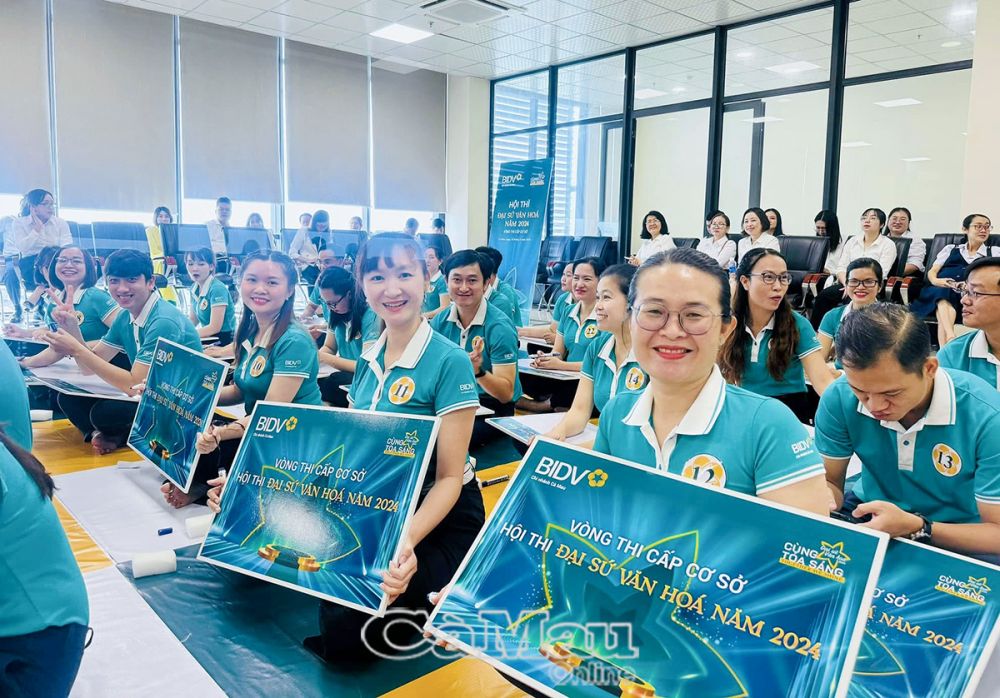
BIDV employees demonstrate solidarity and determination to spread corporate cultural values.
In addition, some banks have begun to apply technology to monitor professional ethics, such as artificial intelligence (AI) in risk management or transparent transaction verification systems. This is an important step in building a safe and trustworthy banking system.
However, as Ms. Huynh Thanh Tuyen, Director of Nam A Commercial Joint Stock Bank (NamABank) Ca Mau Branch, commented: "AI can detect abnormalities early, but the core is still the ethics and courage of each bank employee".
In Ca Mau, commercial banks are gradually transforming, not only in terms of financial capacity but also in the depth of corporate culture. BIDV is a typical example. During 67 years of establishment and development, BIDV has always taken culture as its foundation. With 5 core values: Intelligence - Trust - Integrity - Professionalism - Aspiration, BIDV clearly demonstrates its orientation towards sustainable development.
Not stopping at slogans, BIDV also realizes corporate culture through specific activities, such as the "BIDV Cultural Ambassador" Contest held in April 2024. This is an opportunity for staff to demonstrate their abilities, reflect on themselves, practice professional ethics and improve service quality. BIDV Ca Mau also actively responded to the program, spreading the spirit of dedication, civilization, and customer-centeredness.
A good banker is not only someone who can quickly approve documents and handle transactions accurately, but also someone who knows how to listen, understand customers and guide them in the right direction. This is even more important in the local area, where the majority of customers are farmers and fishermen, people who have little access to modern financial services.
More than anyone else, bank staff need to be honest consultants, helping customers avoid risky loans and guiding them to use their finances wisely. The right decisions by bank staff can help households escape poverty, small businesses thrive, and help entire industries develop.
Only by maintaining professional ethics can the banking industry and bank employees maintain the people's trust, help the financial system develop healthily, and thereby make practical contributions to the economic development of the province.
Vietnam America
Source: https://baocamau.vn/tai-chinh-minh-bach-dao-duc-la-kim-chi-nam-a38251.html


![[Photo] Ho Chi Minh City: People are willing to stay up all night to watch the parade](https://vphoto.vietnam.vn/thumb/1200x675/vietnam/resource/IMAGE/2025/4/29/cf71fdfd4d814022ac35377a7f34dfd1)
![[Photo] Prime Minister Pham Minh Chinh meets to prepare for negotiations with the United States](https://vphoto.vietnam.vn/thumb/1200x675/vietnam/resource/IMAGE/2025/4/29/76e3106b9a114f37a2905bc41df55f48)
![[Photo] Nghe An: Bustling atmosphere celebrating the 50th anniversary of Southern Liberation and National Reunification Day](https://vphoto.vietnam.vn/thumb/1200x675/vietnam/resource/IMAGE/2025/4/29/64f2981da7bb4b0eb1940aa64034e6a7)

![[Photo] Hanoi is brightly decorated to celebrate the 50th anniversary of National Reunification Day](https://vphoto.vietnam.vn/thumb/1200x675/vietnam/resource/IMAGE/2025/4/29/ad75eff9e4e14ac2af4e6636843a6b53)
![[Photo] General Secretary attends special art program "Spring of Unification"](https://vphoto.vietnam.vn/thumb/1200x675/vietnam/resource/IMAGE/2025/4/29/e90c8902ae5c4958b79e26b20700a980)




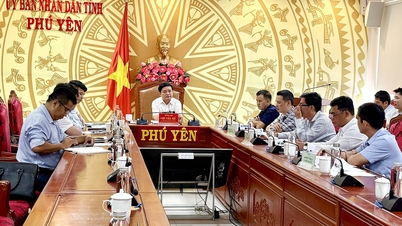
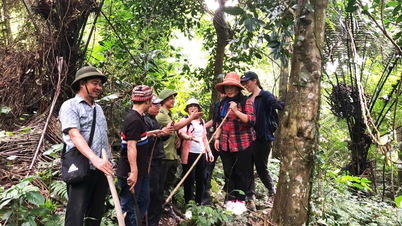





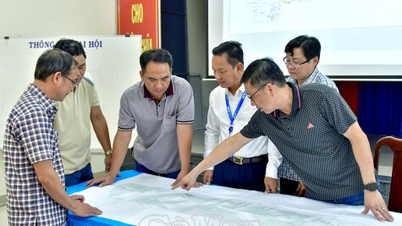


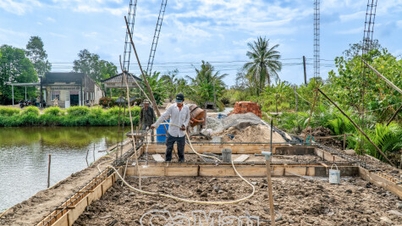
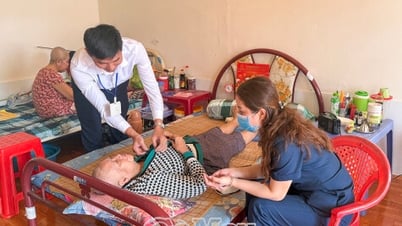
![[Photo] People choose places to watch the parade from noon on April 29](https://vphoto.vietnam.vn/thumb/1200x675/vietnam/resource/IMAGE/2025/4/29/3f7525d7a7154d839ff9154db2ecbb1b)













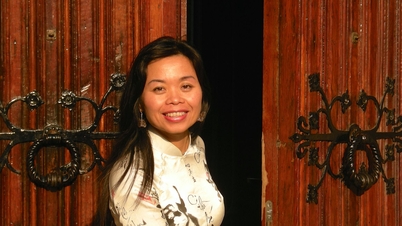




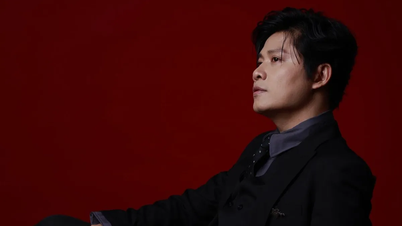










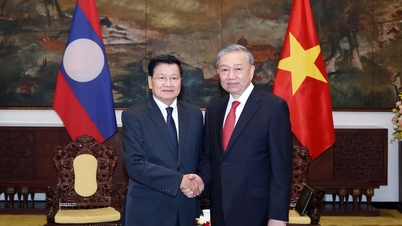




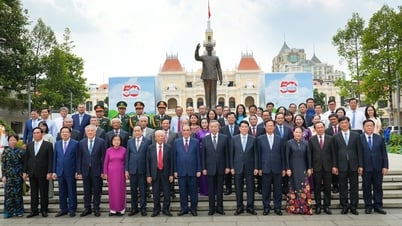






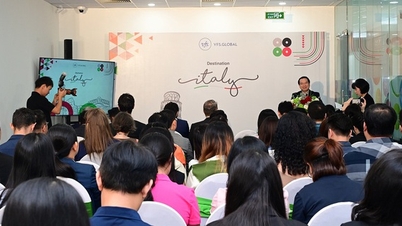

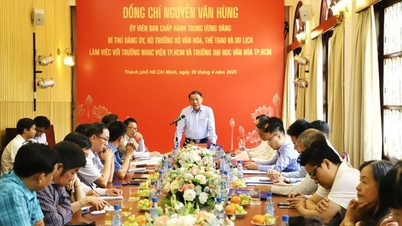


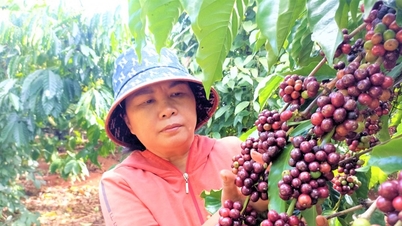



















Comment (0)